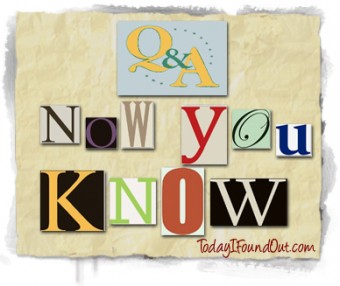What is a Kudo, as in “Kudos to You”?
 First, it should be noted that “kudos” is not the plural form of “kudo”, so a “kudo” was once technically nothing. However, because so many people in the last century, mainly in the United States, have thought kudos was plural, in some dictionaries today “kudo” is considered a valid word meaning the same thing as kudos (yet another word created via back-formation).
First, it should be noted that “kudos” is not the plural form of “kudo”, so a “kudo” was once technically nothing. However, because so many people in the last century, mainly in the United States, have thought kudos was plural, in some dictionaries today “kudo” is considered a valid word meaning the same thing as kudos (yet another word created via back-formation).
To answer your question, kudos in English means:
1) Praise / Accolades
2) Credit for one’s achievements
The word “kudos” comes from the Greek κῦδος (kudos), meaning “glory” or “fame”. The “-os” ending in Greek typically indicates a singular noun and is supposed to be pronounced like “-ose”, rather than “-oze”, as many Americans usually pronounce it, “koo-doze”, or as a lot of British people tend to pronounce it “-oss”, “cue-doss”.
The word made its way into English around the late 18th century / early 19th century, meaning pretty much the same thing as it means today. The first documented instance of the “singular” word “kudo” didn’t pop up until 1926.
If you liked this article, you might also enjoy our new popular podcast, The BrainFood Show (iTunes, Spotify, Google Play Music, Feed), as well as:
- What is the Origin of the Word “Tip”, as in Leaving a Tip
- What is a Tarnation?
- What “Mrs.” is Short For
- A Jiffy is Used as an Actual Unit of Time
| Share the Knowledge! |
|




HOW FASCINATING. GREAT ARTICLE, THANK YOU.
[Remembers to turn off caps lock] How fascinating. What a great article. Thank you!
Tree years… Better later than never, Grammar Nazi
*Three years
Don’t forget to end your sentence with a full-stop.
Kudos to you, Grammar Nazi.
Helping people improve their grammar and spelling skills is a thankless job at best, but some of us do it nonetheless.
Perhaps we may even manage to make a difference in the long run.
#WW3
In the mid-90s ‘kudos’ would still roll people back on their heels and make them squinch up their faces as if to say the speaker had lost his mind. Anyway, that’s when I began using it, then stopped and never used it again. ‘Bravo’ means the same thing, and sounds much nicer.